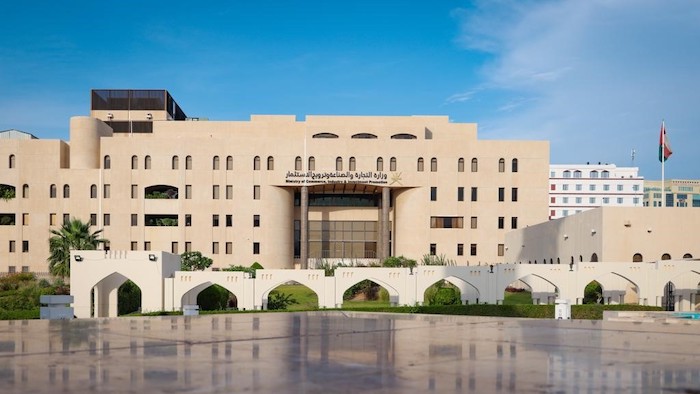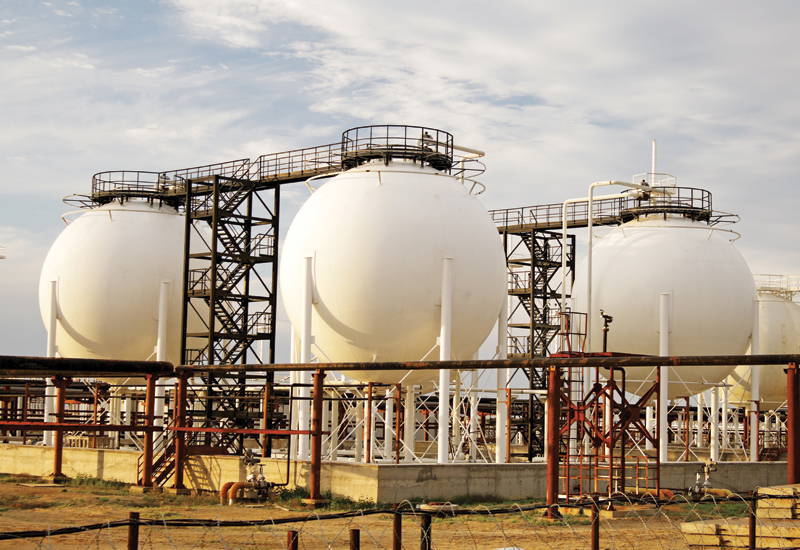The Ministry of Commerce, Industry, and Investment Promotion has officially expanded the list of business activities exclusively reserved for Omani nationals. The recent Ministerial Decision No. 435/2024 adds 28 new activities to the already existing list, increasing the total number of commercial sectors prohibited to foreign investors to 123. This move is part of the government’s broader strategy to empower local entrepreneurs, enhance small and medium enterprises (SMEs), and safeguard economic sectors that are crucial to national identity and local employment.
A Balance Between Foreign Investment and Local Empowerment
The decision aligns with Article 14 of the Foreign Capital Investment Law (Royal Decree No. 50/2019), which requires the periodic issuance of a list specifying commercial activities restricted from foreign investment. The government has been gradually refining its investment policies to encourage high-quality foreign investments while ensuring that certain industries remain under the control of local businesses. The newly introduced restrictions serve a dual purpose: they protect traditional Omani trades while also providing Omani citizens with greater access to economic opportunities.

One of the key objectives behind this decision is to stimulate domestic entrepreneurship and job creation. By reserving select business sectors for Omani nationals, the government aims to support local talent and businesses, ensuring that they remain competitive in the face of growing foreign investment.
List of Newly Prohibited Activities
The additional 28 activities now restricted to foreign investors span a diverse range of industries. These include traditional crafts, retail services, and specialized trades. The newly added sectors include:
Handicrafts and Traditional Products:
- Production of items by distilling flowers and herbs
- Manufacturing of frankincense water and oil
- Creation of leather, palm leaf, wood, pottery, ceramics, stone, gypsum, silver, copper, metal, aluminum, and bone-derived handicrafts
- Preparation of incense
- Production of cosmetics and perfumes
- Manufacturing of traditional fishing tools
Services and Retail:
- Skin care services
- Event and furniture rental
- Retail sale of scrap building materials, including scrap iron
- Retail sale of drinking water (excluding production and transportation)
- Cultivation of live plants for ornamental and seedling purposes (nurseries)
- Sale of used vehicles
- Operation of mobile cafes
- Freshwater fish farming
- Mailbox rental services
- Public scribe services
- Sand service centers
- Management and operation of liquefied petroleum gas (LPG) filling stations
- Collection of used batteries and oils
- Operation of grocery stores
These activities will now be exclusively managed and operated by Omani nationals, ensuring local businesses have full access to these economic opportunities without foreign competition.
Implications for Existing Foreign Investments
While the new decision significantly restricts foreign participation in these sectors, it does not retroactively affect businesses that were already operational before the ruling was issued. Existing foreign-owned businesses in these restricted sectors will be allowed to continue operations under the conditions outlined by the Ministry of Commerce, Industry, and Investment Promotion. However, any transfer of ownership or structural changes to these businesses will require prior approval from the minister or an authorized representative.
This exemption provides stability for ongoing foreign investments while reinforcing the government’s commitment to ensuring that new economic opportunities are directed toward Omani entrepreneurs.
Strategic Goals Behind the Decision
The move to expand the list of prohibited sectors is driven by several key strategic goals:
- Empowering SMEs and Local Businesses: By designating specific industries exclusively for Omanis, the government aims to foster a more competitive environment for small and medium-sized enterprises, allowing them to thrive without external competition from foreign corporations with greater resources.
- Preserving Cultural Heritage: Many of the newly restricted activities involve traditional Omani crafts and services. By keeping these industries in the hands of local entrepreneurs, the government ensures that the country’s rich cultural heritage remains protected from foreign commercialization.
- Enhancing Economic Self-Reliance: The initiative aligns with Oman’s long-term vision of reducing dependence on foreign ownership in essential business sectors, fostering a more self-sufficient and resilient economy.
Foreign Investment in Oman: Opportunities and Challenges
Despite these new restrictions, Oman remains an attractive destination for foreign investment. The Foreign Capital Investment Law allows non-Omani individuals and entities to own up to 100% of companies in permitted sectors. This means that foreign investors can still participate in over 2,000 commercial and industrial activities, demonstrating the country’s commitment to attracting qualitative investments while preserving national interests.
Foreign Direct Investment (FDI) in Oman has shown strong growth in recent years. By the end of the first quarter of 2024, FDI in the country had reached OMR 25.38 billion, reflecting a 19.3% increase compared to OMR 21.27 billion during the same period in 2023. This steady rise highlights the effectiveness of Oman’s investment policies, which strike a balance between protecting local businesses and fostering a welcoming environment for international investors.
While some foreign investors may view the expansion of prohibited activities as a limitation, the broader investment climate remains favorable, particularly in sectors such as technology, renewable energy, tourism, and logistics, where Oman continues to actively seek international participation.
Future Outlook: What’s Next for Oman’s Investment Policy?
The Ministry of Commerce, Industry, and Investment Promotion has indicated that the list of prohibited activities will be reviewed periodically and adjusted based on economic conditions, industry trends, and national priorities. This flexible approach ensures that Oman can adapt to global economic shifts while maintaining a strategic focus on developing local industries and providing sustainable employment opportunities for its citizens.
The government has also signaled that future adjustments may further differentiate between large-scale foreign investments that contribute significantly to economic development and smaller-scale enterprises that could be preserved for local business owners. This distinction could lead to a more nuanced investment policy, where high-value foreign investments continue to be encouraged while smaller domestic industries remain protected.
Conclusion
Oman’s recent decision to increase the number of commercial activities prohibited to foreign investors reflects a carefully considered strategy aimed at strengthening local businesses, preserving cultural heritage, and fostering economic self-sufficiency. While foreign investors are now restricted from entering 28 additional sectors, the country remains open to international investment in a wide range of industries.
With a strong regulatory framework, ongoing policy adjustments, and a clear vision for economic development, Oman is positioning itself as a nation that welcomes foreign investment while prioritizing the growth and prosperity of its citizens. As the business landscape evolves, investors will need to stay informed and adapt to the changing regulatory environment while seeking opportunities in Oman’s many thriving and open sectors.
Breaking Barriers: Oman’s First-Ever Satellite Reaches Orbit!



